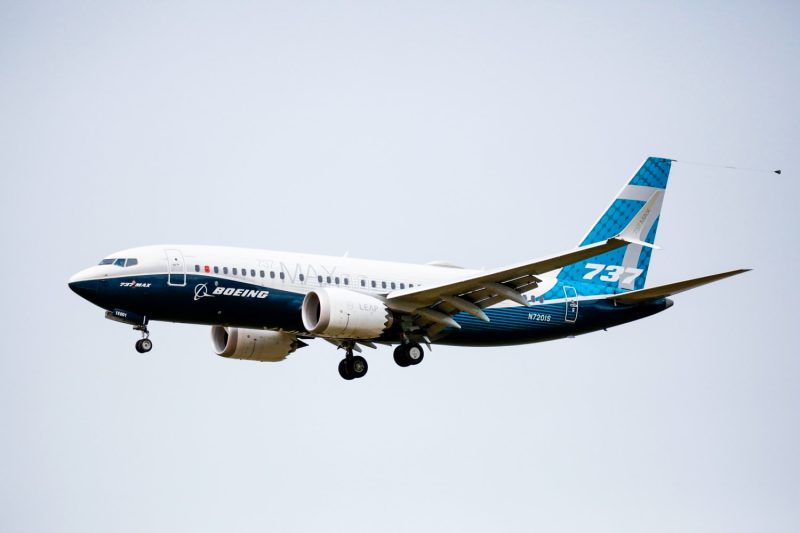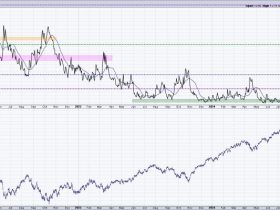In a recent development concerning the legal repercussions of the tragic Boeing 737 Max crashes, a U.S. court has rejected a plea deal put forth by the aerospace giant. This decision marks a pivotal moment in the ongoing legal battles and accountability issues surrounding the two fatal accidents that claimed the lives of 346 individuals.
The plea deal proposed by Boeing sought to settle the criminal charges brought against the company for misleading the Federal Aviation Administration (FAA) during the certification process of the 737 Max aircraft. However, the court’s decision to reject the deal reflects the gravity of the situation and the need for thorough examination and transparent accountability in the wake of such catastrophic events.
One of the central issues underlying the plea deal was Boeing’s acknowledgment of culpability for providing false and misleading information to the FAA regarding the flawed Maneuvering Characteristics Augmentation System (MCAS) software, which played a critical role in both crashes. The court’s rejection indicates a reluctance to allow the company to simply pay a fine and avoid a full trial without addressing the broader implications of its actions.
Moreover, the families of the victims of the crashes have been vocal in their demands for justice and accountability from Boeing. The court’s decision to reject the plea deal acknowledges the importance of holding the company accountable not just financially but also in terms of accepting responsibility for the lapses in safety protocols and adherence to regulations that led to the tragic loss of lives.
The significance of this rejection goes beyond the immediate legal implications for Boeing. It sends a strong message to the aviation industry as a whole regarding the importance of prioritizing safety over profit and ensuring stringent oversight and compliance with regulatory standards. By refusing to accept a plea deal that could have potentially allowed Boeing to sidestep a more comprehensive examination of its actions, the court has underscored the need for transparency and accountability in the aviation sector.
Moving forward, the decision to reject Boeing’s plea deal sets the stage for a more thorough investigation and legal process that will hopefully shed light on the systemic issues within the company’s safety practices and regulatory compliance. It is a critical step towards achieving justice for the victims and their families, as well as preventing similar tragedies in the future by holding accountable those responsible for ensuring the safety of air travel.













